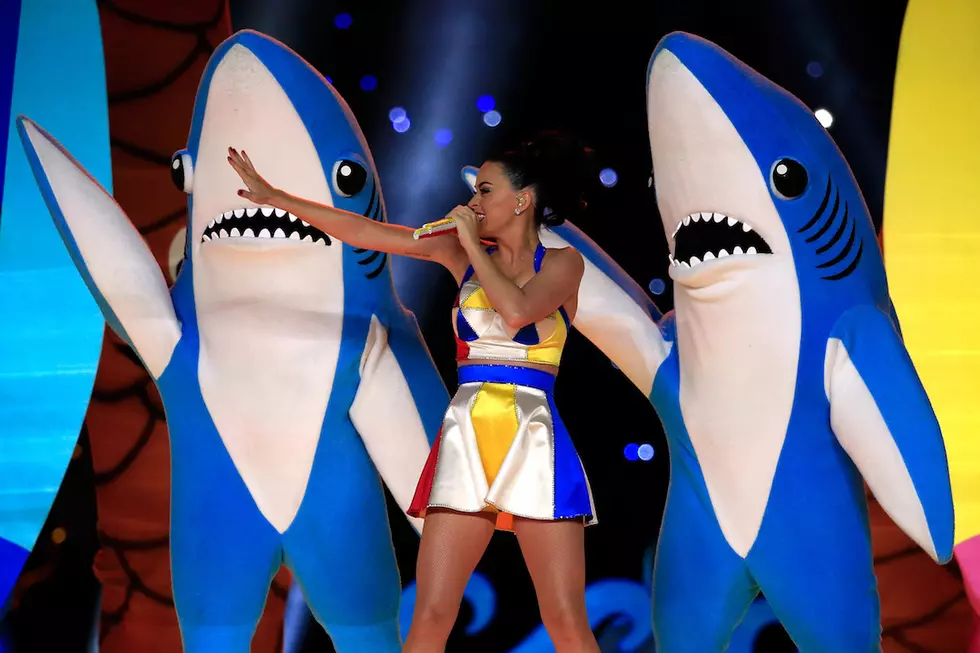
Will NCT Finally Perfect the Rotational Format for K-pop Groups?
Back in 2005, behemoth K-pop label SM Entertainment introduced Super Junior ‘05, the first iteration of what was planned to be a group that would shuffle members in and out each year. In an industry brimming with talented trainees aiming to be stars, but not enough K-pop groups to go around, the rotational system seemed ideal. Unfortunately, it didn’t really work within the frame of K-pop at the time, and fans clamored for a permanent version of the group, resulting in the addition of a thirteenth member and Super Junior dropping the numeral. Now, with their lofty NCT project, SM is trying their hand at it again—and it seems to be working. But will that always be the case?
NCT, which stands for “Neo Culture Technology,” began in 2017 as a seemingly limitless umbrella under which multiple SM Entertainment groups operate. Currently, there are three active groups: NCT U, NCT 127 and NCT Dream. Each has a different sound and performance style, and there are different members on each team—though there is overlap between groups and one member, Canadian-born Mark, has served in all three.
So far, the reaction to NCT has been solid, with the overarching concept, its trio of groups and individual members gaining fans, even though the NCT project has yet to result in a major K-pop hit. But the quality of song production has been high, with standouts including NCT U’s “The 7th Sense” and NCT 127’s “Cherry Bomb,” and with its fluid nature there’s no reason to expect that won’t continue as NCT grows.
On Tuesday (January 30), SM unveiled the NCT 2018 Yearbook, which featured fifteen men already included in the brand’s roster of acts. It also revealed a trio of members who will reportedly make their debut under the broader NCT title this year. With 18 members already promoting the brand, the NCT project has more members than some K-pop agencies’ entire rosters. The response from fans has been positive so far, though it remains to be seen just how far NCT will be able to push its concept.
For K-pop, rotational units haven’t necessarily done well in the past: Super Junior fans protested the team's original fluctuational concept, and groups like T-Ara and After School suffered from members shifting in and out. And though no members have departed the project as of January 2018, NCT definitely has a daunting path before them. Not only does the group need to prove its worth musically, it needs to show that a K-pop team’s core identity, rather than its individual members, can garner the loyalty of fans. In an industry where fans typically claim individual favorites, known as “biases,” it’s hard to imagine that NCT fans, known as NCTzens, won’t do the same, which could mean that they’ll only follow NCTeams that their bias is a part of.
It’s worked thus far, but as the size and scope of NCT grows, the success of K-pop's rotational group concept will depend on how fans receive the project's latest iteration.
Plus, don’t miss these other K-pop stories from this week:
Red Velvet Releases 'Bad Boy' via Billboard
BTS Discusses Success via Yonhap News
2PM Renews Contracts With JYP Entertainment via K-Pop Herald
More From 1073 Popcrush










